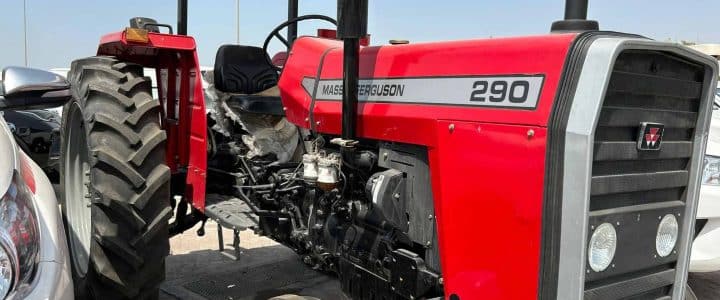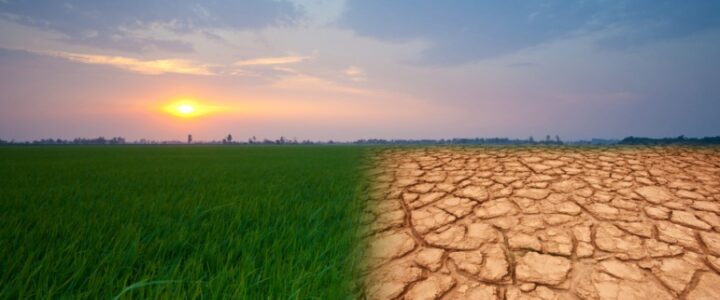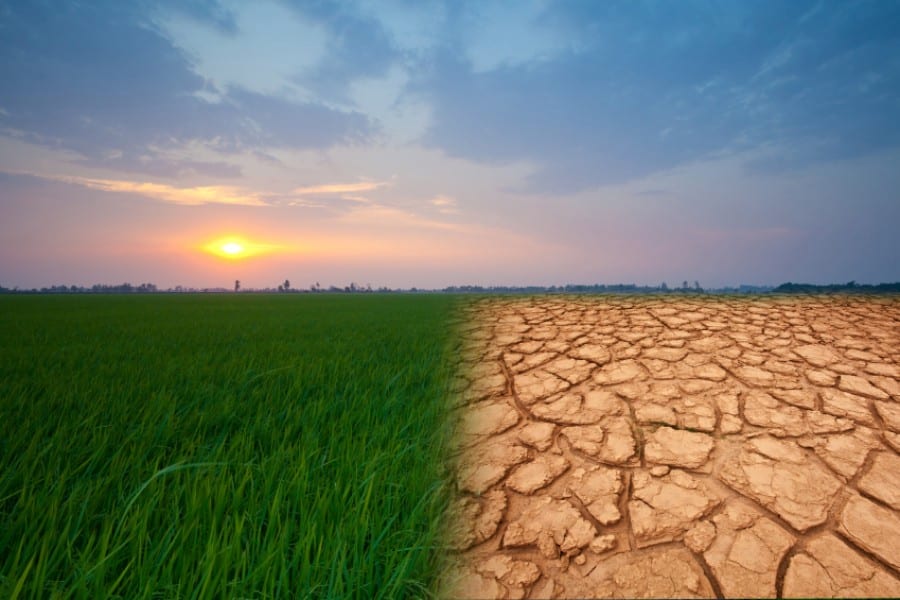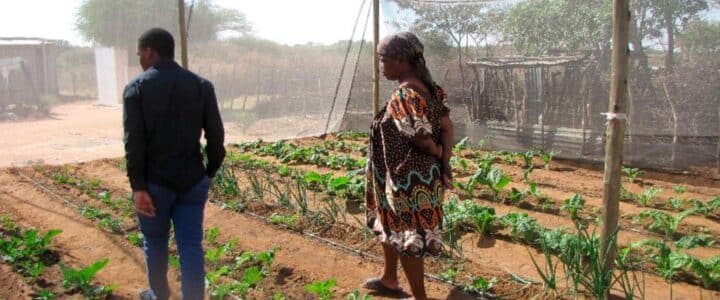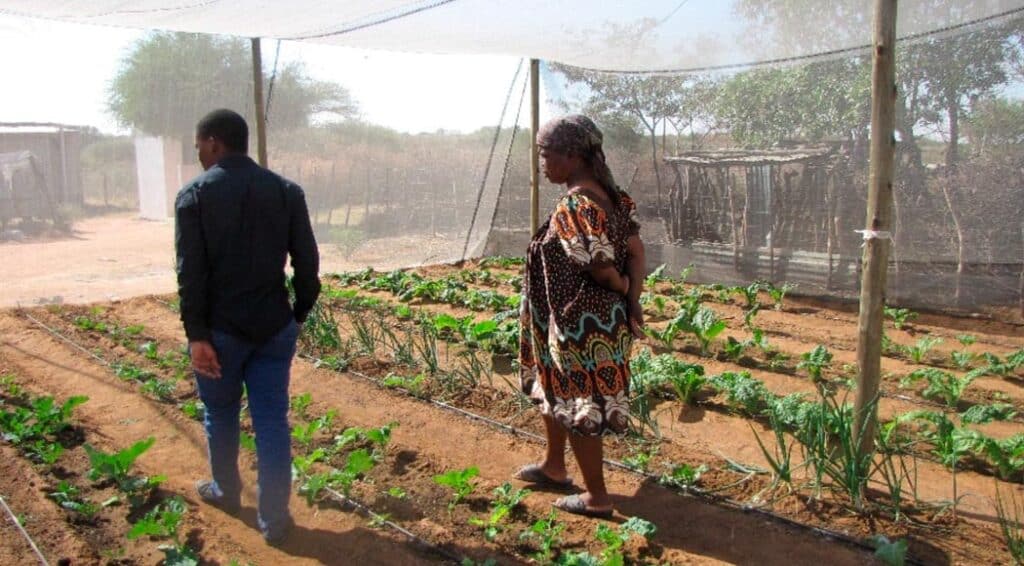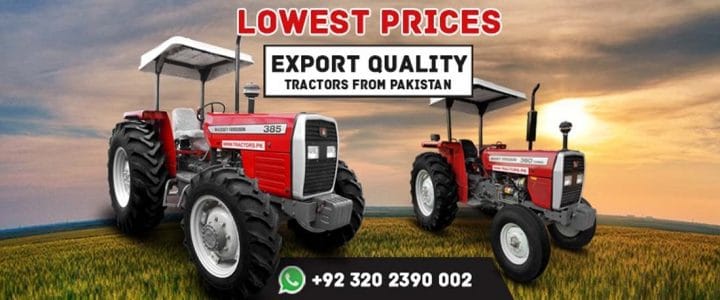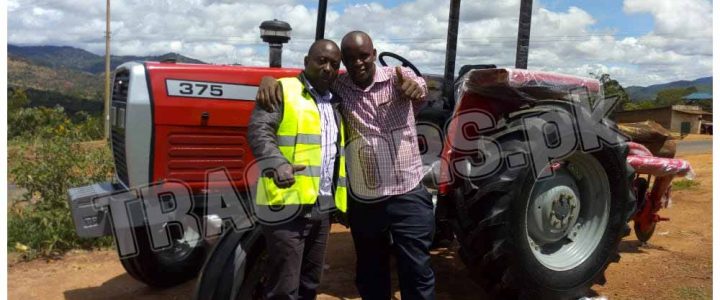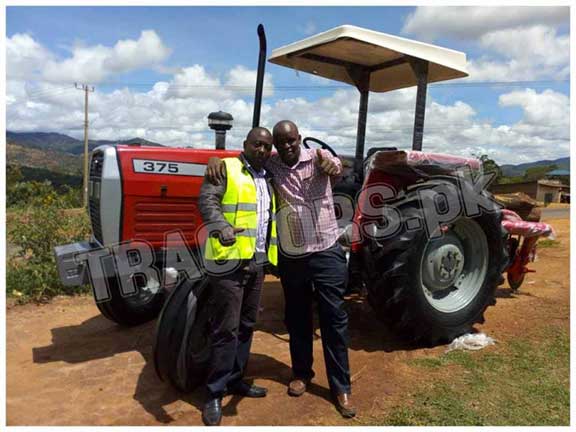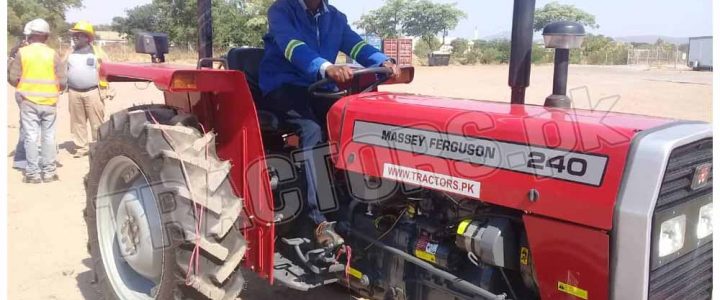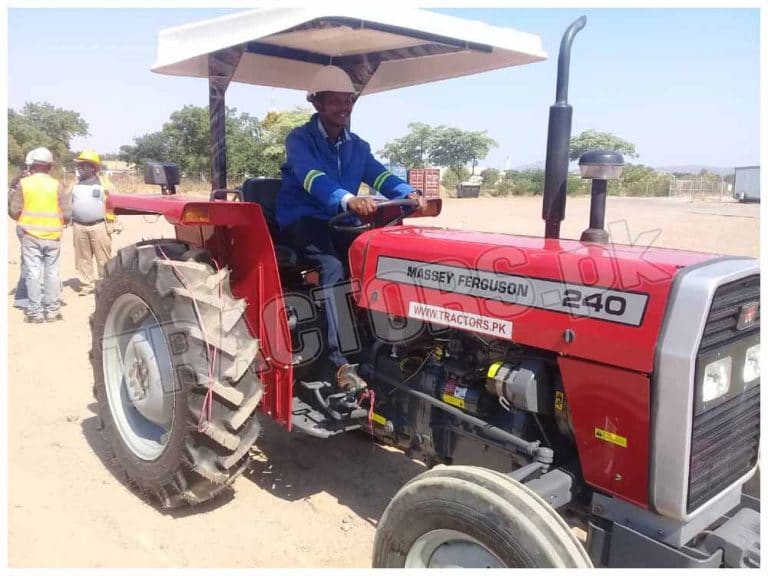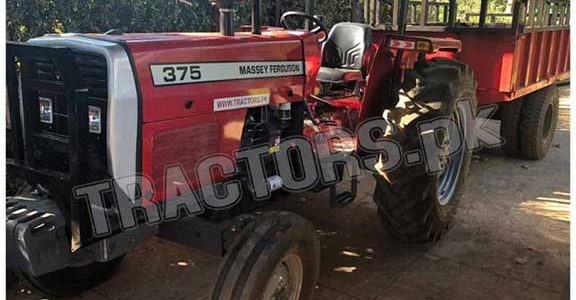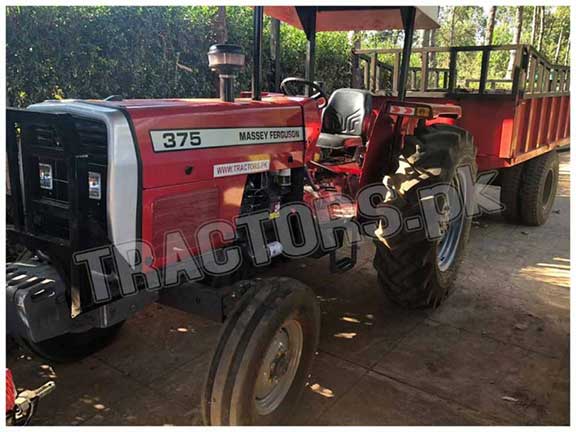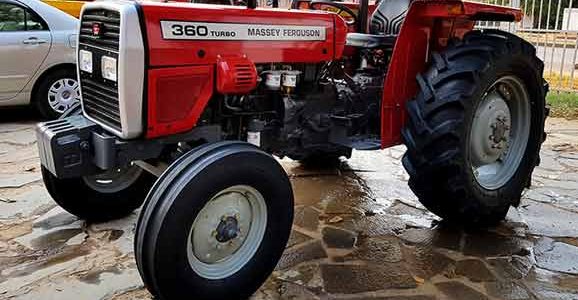290 model tractor stands as the top choice among Sudanese farmers, widely recognized for its robust performance, cost-effectiveness, and adaptability to local agricultural demands. Its popularity is rooted in a mix of practical features, proven durability, and exceptional value all critical for farming communities seeking reliability and productivity in challenging environments.
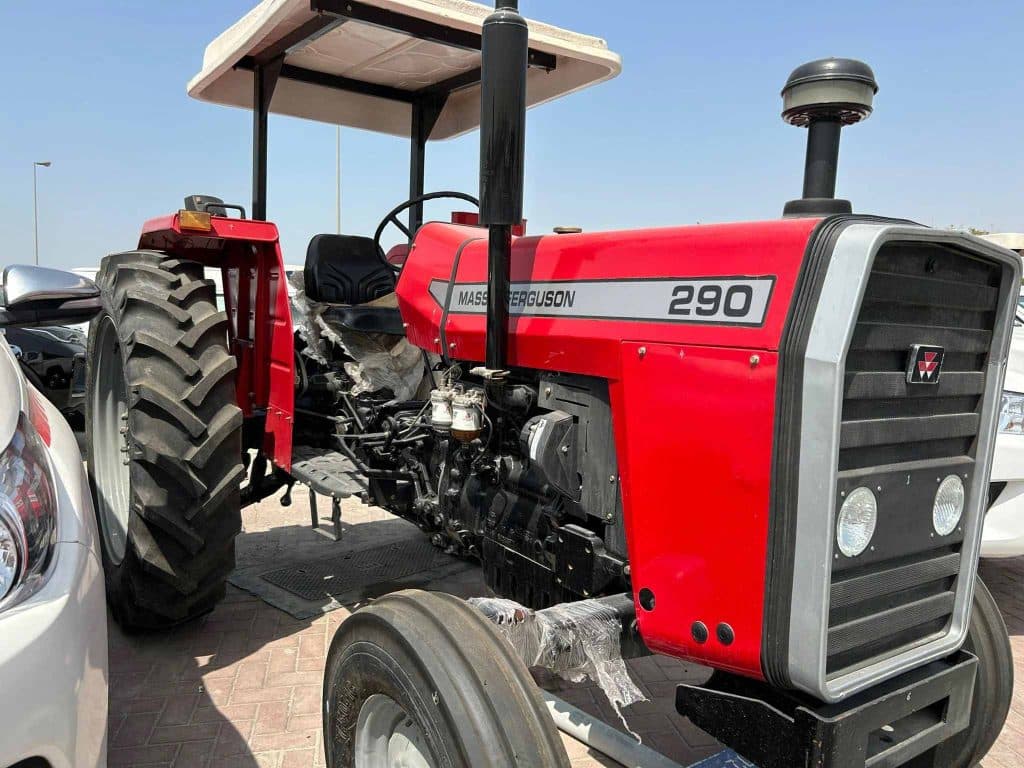
Durability That Withstands Harsh Conditions
One of the defining qualities of the 290 model is its remarkable durability. Designed to cope with the hot climate, tough soils, and varied terrain of Sudan, this tractor boasts a sturdy construction and simple mechanical systems. These attributes ensure consistent performance in the face of heavy use and unpredictable weather. Farmers benefit from reliable operation during crucial periods such as planting and harvesting, reducing the risk of costly downtime or crop loss.
User-Friendly Features and Versatile Performance
The 290 model’s straightforward design allows farmers to operate and maintain it with ease. Its Perkins diesel engine is celebrated for its power output and fuel efficiency, helping farmers cover extensive fields without frequent refueling. The tractor’s adaptable configuration means it can handle a range of farm tasks, including ploughing, tilling, planting, and transporting goods. This versatility makes it suitable for small family plots as well as larger commercial farms, enabling widespread adoption across Sudan’s diverse agricultural sector.
Affordability and Low Running Costs
For Sudanese farmers, affordability is a vital factor. The 290 model offers an attractive price point, making it accessible to smallholders as well as larger operations. Beyond its initial cost, the tractor’s spare parts are readily available and reasonably priced throughout Sudan. This reduces long-term maintenance expenses, while the machine’s simplicity means local mechanics can carry out repairs quickly and affordably. The result is a lower cost of ownership, allowing farmers to invest savings back into their land and communities.
Meeting Sudan’s Agricultural Needs
Sudan’s agriculture relies heavily on dependable equipment to maximize yields and efficiency. The 290 model is engineered to meet these demands. Its strong engine and robust frame are ideally suited for Sudan’s staple crops and typical farm sizes. By delivering reliable power and supporting multiple attachments, it helps farmers boost productivity and diversify what they grow. This adaptability is one reason the 290 model is not just common, but trusted throughout the country.
Supporting Economic Growth and Food Security
The widespread adoption of the 290 model contributes significantly to Sudan’s rural economy. It empowers farmers to expand cultivated areas, increase harvests, and participate more actively in local and regional markets. Greater efficiency on the land means food security improves, and families are better able to support themselves and their communities. In this way, the 290 model is more than a machine—it is a steady partner in the drive toward progress and prosperity.
290 model’s popularity in Sudan is no coincidence. Its enduring success is a testament to thoughtful engineering, reliable performance, and economic accessibility. For farmers across Sudan, the 290 model remains the tractor of choice—an essential tool for today and a dependable investment for the future.
